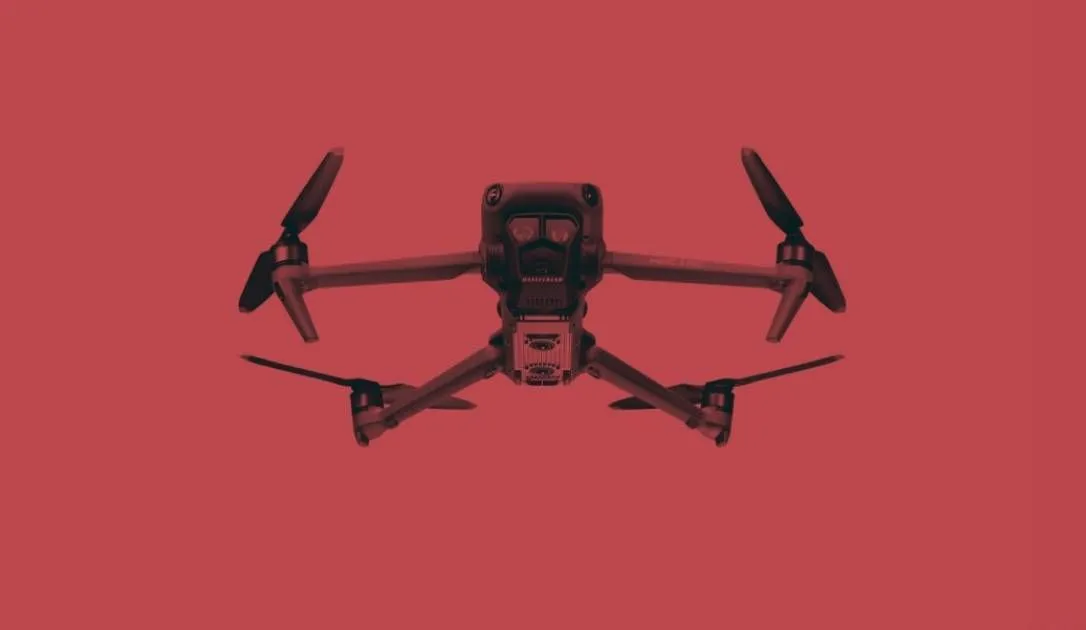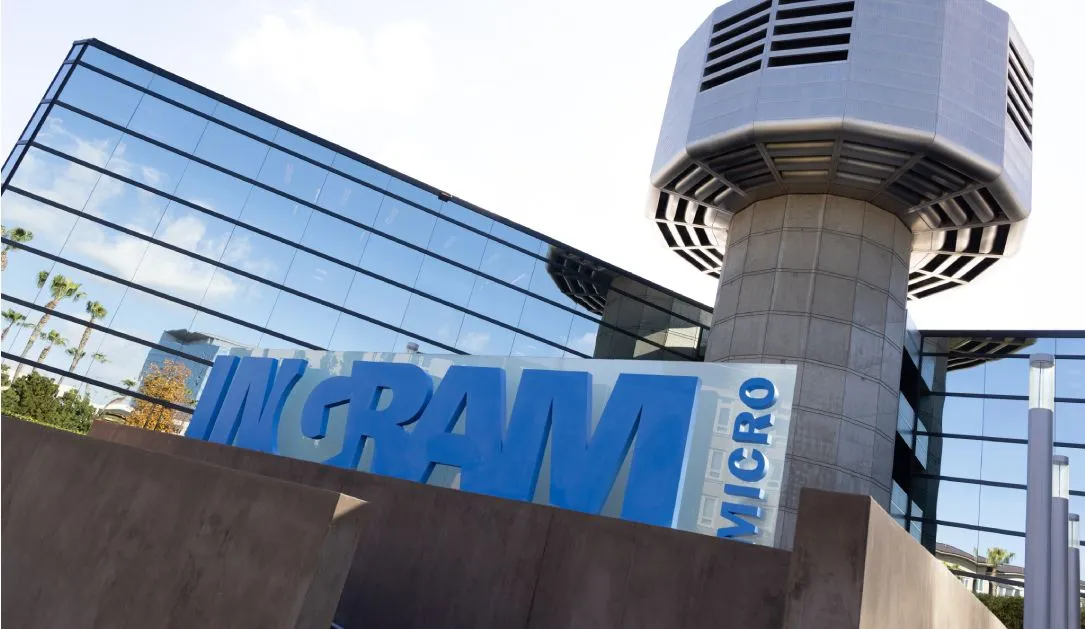CyberAlerts is shutting down on June 30th, 2025. Thank you for your support!
Example Searches:
CVE
Threat Actors
Countries
Vendors
Severity
Known Exploited

|
Description: Qantas has confirmed that it is now being extorted by threat actors following a cyberattack that potentially exposed the data for 6 million customers. [...]
July 7th, 2025 (about 12 hours ago)
|

|
Description: The developers behind a custom firmware used to convert consumer drones for military use in Ukraine have reported a cyberattack disrupting the system that distributes the software.
July 7th, 2025 (about 12 hours ago)
|
|
CVE-2019-9621 |
Description: Synacor Zimbra Collaboration Suite (ZCS) contains a server-side request forgery (SSRF) vulnerability via the ProxyServlet component.
CVSS: HIGH (7.5)
July 7th, 2025 (about 12 hours ago)
|

|
Description: A previously undocumented spyware called 'Batavia' has been targeting large industrial enterprises in Russia in a phishing email campaign that uses contract-related lures. [...]
July 7th, 2025 (about 13 hours ago)
|

|
Description: Ingram Micro published a statement on Saturday saying it discovered “ransomware on certain of its internal systems,” which it immediately took offline.
July 7th, 2025 (about 13 hours ago)
|
|
CVE-2025-7259 |
Description: An authorized user can issue queries with duplicate _id fields, that leads to unexpected behavior in MongoDB Server, which may result to crash. This issue can only be triggered by authorized users and cause Denial of Service. This issue affects MongoDB Server v8.1 version 8.1.0.
CVSS: MEDIUM (6.5)
July 7th, 2025 (about 13 hours ago)
|
|
CVE-2025-7134 |
Description: A vulnerability classified as critical was found in Campcodes Online Recruitment Management System 1.0. This vulnerability affects unknown code of the file /admin/ajax.php?action=delete_application. The manipulation of the argument ID leads to sql injection. The attack can be initiated remotely. The exploit has been disclosed to the public and may be used. In Campcodes Online Recruitment Management System 1.0 wurde eine Schwachstelle entdeckt. Sie wurde als kritisch eingestuft. Das betrifft eine unbekannte Funktionalität der Datei /admin/ajax.php?action=delete_application. Mittels Manipulieren des Arguments ID mit unbekannten Daten kann eine sql injection-Schwachstelle ausgenutzt werden. Der Angriff kann über das Netzwerk angegangen werden. Der Exploit steht zur öffentlichen Verfügung.
CVSS: MEDIUM (6.9) SSVC Exploitation: poc
July 7th, 2025 (about 13 hours ago)
|
|
CVE-2025-7133 |
Description: A vulnerability classified as problematic has been found in CodeAstro Online Movie Ticket Booking System 1.0. This affects an unknown part. The manipulation leads to cross-site request forgery. It is possible to initiate the attack remotely. The exploit has been disclosed to the public and may be used. Es wurde eine Schwachstelle in CodeAstro Online Movie Ticket Booking System 1.0 entdeckt. Sie wurde als problematisch eingestuft. Es betrifft eine unbekannte Funktion. Mittels dem Manipulieren mit unbekannten Daten kann eine cross-site request forgery-Schwachstelle ausgenutzt werden. Der Angriff kann über das Netzwerk erfolgen. Der Exploit steht zur öffentlichen Verfügung.
CVSS: MEDIUM (5.3)
July 7th, 2025 (about 13 hours ago)
|
|
CVE-2025-7101 |
Description: A vulnerability was found in BoyunCMS up to 1.4.20. It has been classified as critical. This affects an unknown part of the file /install/install_ok.php of the component Configuration File Handler. The manipulation of the argument db_pass leads to code injection. It is possible to initiate the attack remotely. The exploit has been disclosed to the public and may be used. Es wurde eine Schwachstelle in BoyunCMS bis 1.4.20 ausgemacht. Sie wurde als kritisch eingestuft. Es betrifft eine unbekannte Funktion der Datei /install/install_ok.php der Komponente Configuration File Handler. Durch Manipulieren des Arguments db_pass mit unbekannten Daten kann eine code injection-Schwachstelle ausgenutzt werden. Der Angriff kann über das Netzwerk erfolgen. Der Exploit steht zur öffentlichen Verfügung.
CVSS: MEDIUM (5.3) EPSS Score: 0.04% SSVC Exploitation: poc
July 7th, 2025 (about 13 hours ago)
|
|
CVE-2025-7100 |
Description: A vulnerability was found in BoyunCMS up to 1.4.20 and classified as critical. Affected by this issue is some unknown functionality of the file /application/user/controller/Index.php. The manipulation of the argument image leads to unrestricted upload. The attack may be launched remotely. The exploit has been disclosed to the public and may be used. Eine Schwachstelle wurde in BoyunCMS bis 1.4.20 gefunden. Sie wurde als kritisch eingestuft. Hierbei geht es um eine nicht exakt ausgemachte Funktion der Datei /application/user/controller/Index.php. Durch das Manipulieren des Arguments image mit unbekannten Daten kann eine unrestricted upload-Schwachstelle ausgenutzt werden. Umgesetzt werden kann der Angriff über das Netzwerk. Der Exploit steht zur öffentlichen Verfügung.
CVSS: MEDIUM (5.3) EPSS Score: 0.03% SSVC Exploitation: poc
July 7th, 2025 (about 13 hours ago)
|
